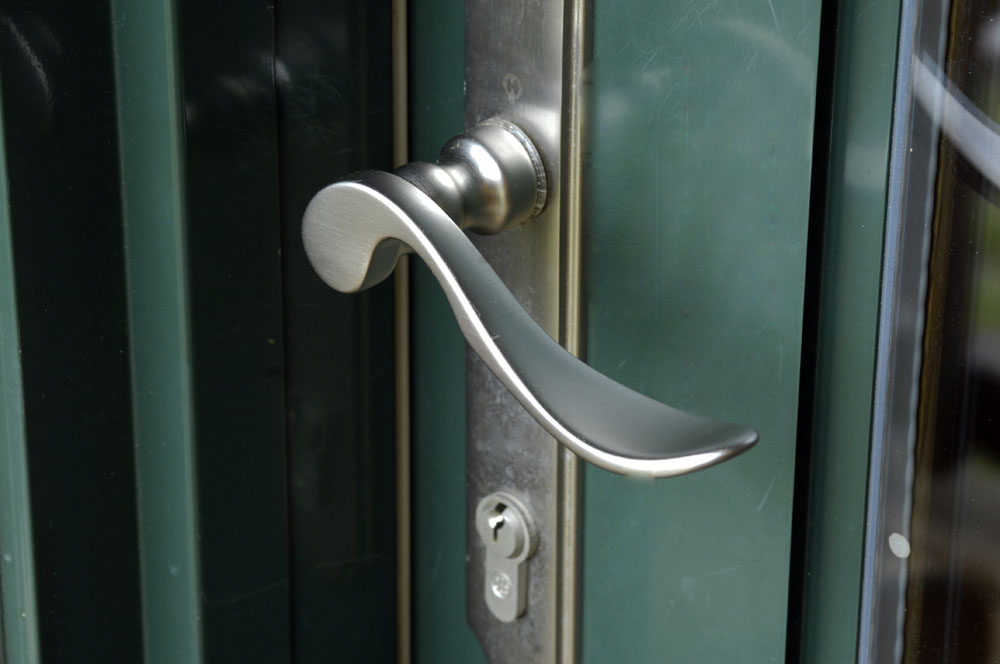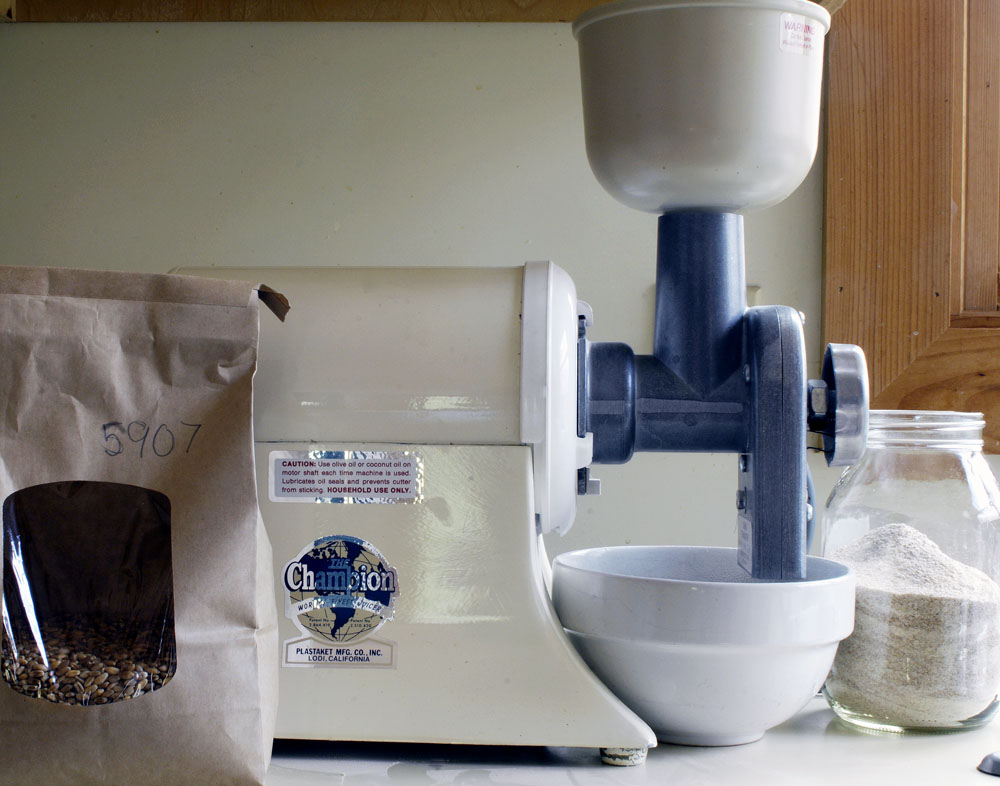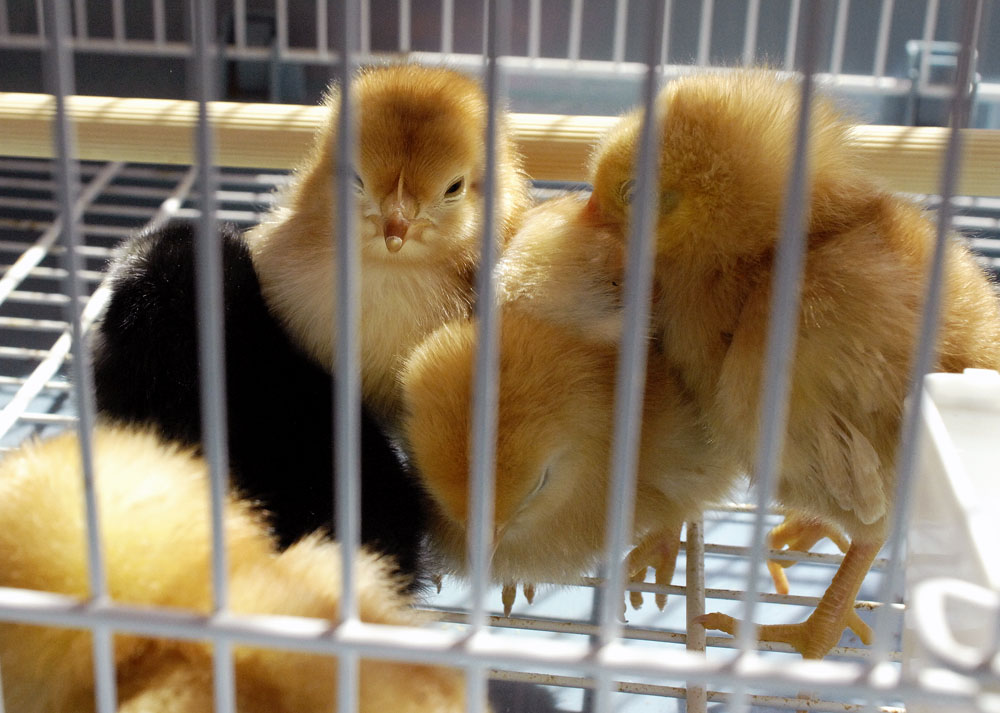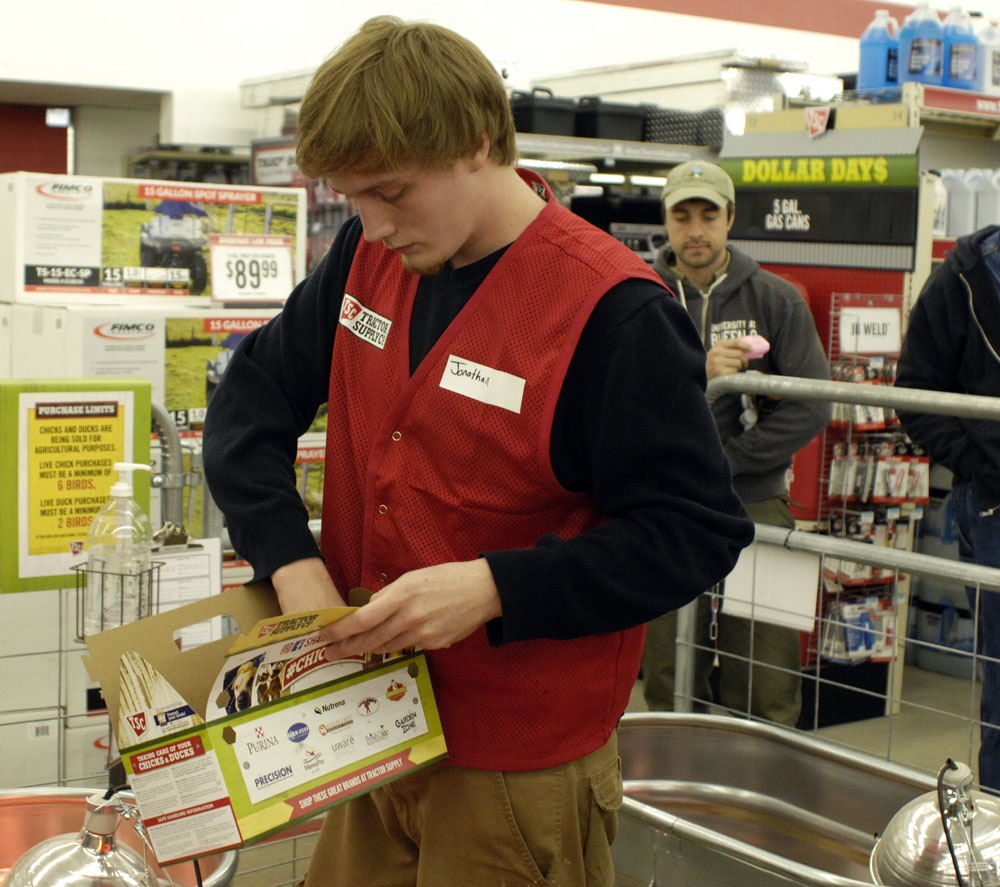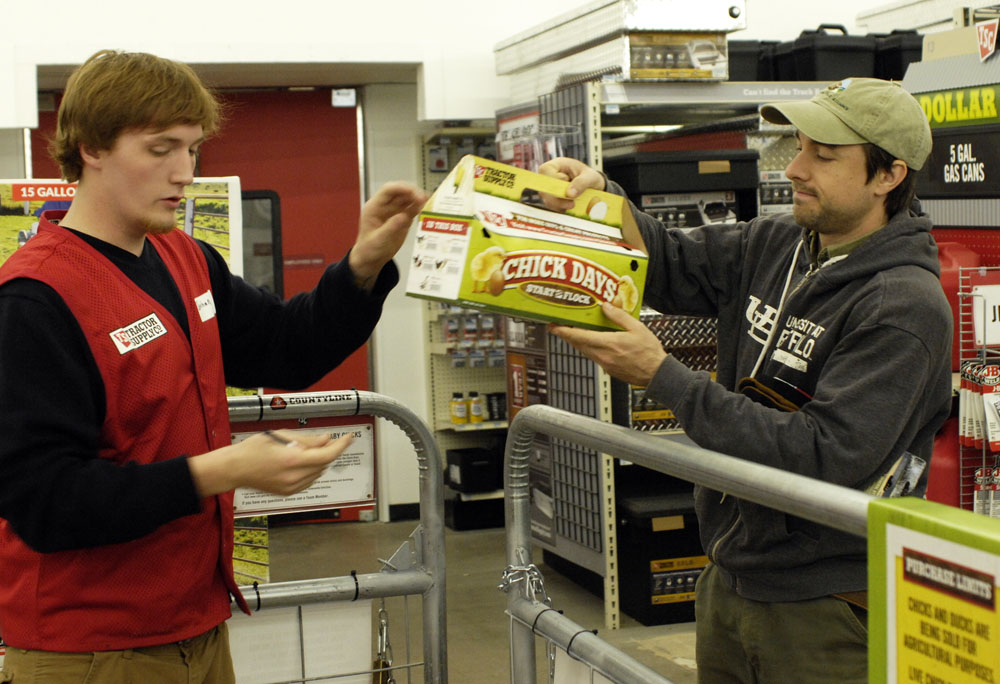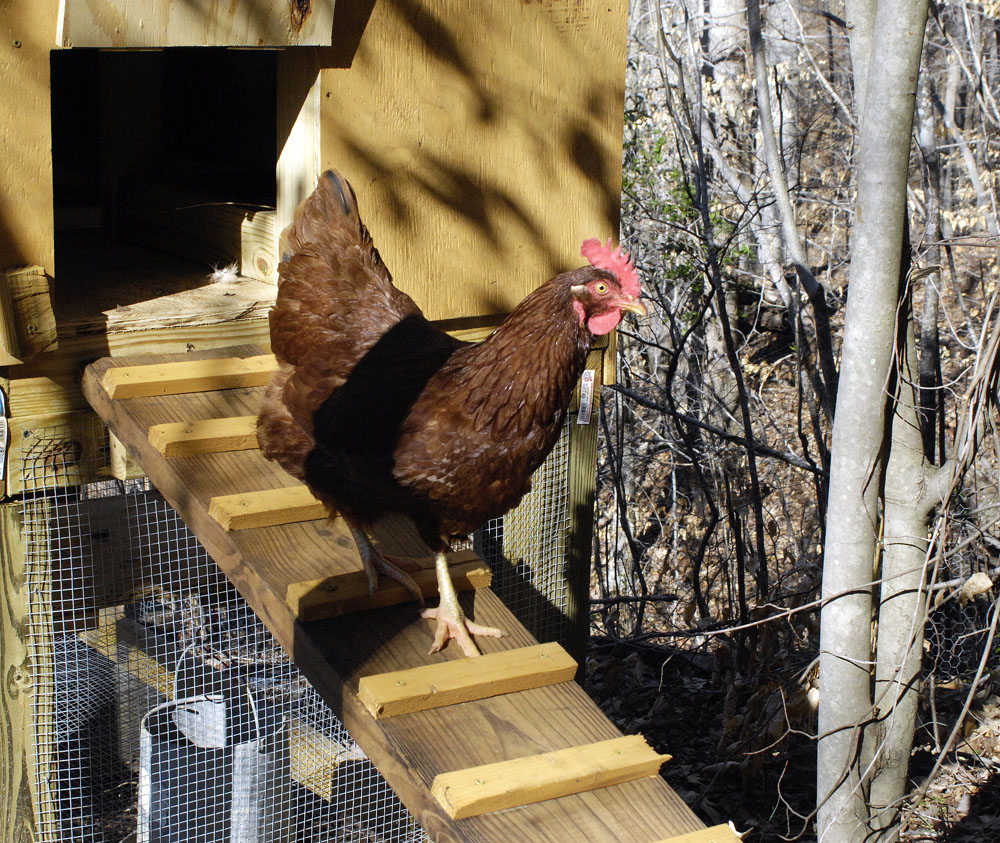
A statue in Germany
In political conversations with friends during the weekend, I was reminded yet again of what a perplexing political situation we progressives are in — particularly if we are Democrats. Kinder souls than I (or maybe they’re just more naive than I am) insist that we must “reach out” to Trump voters, “connect” with them, try to understand their issues, etc. Others say that reaching out would be futile, that anyone who is incapable of seeing through Donald Trump is unreachable from the real world.
We progressives also have a big problem to our left. I call them “Bernie diehards” — blind and self-righteous idealists who wasted their votes on the Green Party (or who didn’t vote at all) and who could not see that they might as well have voted for Trump.
Probably the definitive piece scolding liberals for not reaching out to Trump voters is this piece in the New York Times by Sabrina Tavernise. There was a great deal of pushback to Tavernise’s mushy piece — for example, by Heather Digby Parton in Salon. I agree with Heather Digby Parton. The political challenge is not to reach out to Trump voters. Rather, the political challenge is to expose their crudeness and stupidity, politically destroy their con man hero, shame them, and push them back out to the margins of decent society. That’s where they came from, and that’s where they belong.
I came across a new word and a new concept this morning in a Slate piece, “How Hitler Conquered Germany: The Nazi propaganda machine exploited ordinary Germans by encouraging them to be co-producers of a false reality.”
The word is Schweinehund.
I don’t know any German, so I’ve had to use Google’s translator in trying to figure out what this word means to Germans and how the word has been used in talking about Nazis and Nazi propaganda. Schweinehund translates literally to pig dog or swine dog. It is sometimes translated as cur or bastard. I get the impression that Germans use the word fairly often. The derived term innerer Schweinehund also seems pretty common — inner pig dog. The inner pig dog, I think, refers to low human instincts that propaganda is designed to reach and that the Trump campaign was designed to reach. Trump’s closest advisers in the White House are people like Steve Bannon, whose very career has been producing propaganda to politically motivate and manipulate the pig dogs among us.
I should say at this point that talking about Hitler and the Nazis — long regarded as rhetorical overreach — is now absolutely necessary if we’re to understand the situation we’re now in. The people who were eventually effective against the Nazis were not people who “reached out” to the Nazis. They understood that not only was it not possible to reach out to the Nazis, but also that it was dangerous.
One such person who called out the Nazis right from the start — and with the right word — was Kurt Schumacher. He spent more than ten years in prison and concentration camps for it, and he was a witness at the Nuremberg trials. It was in 1932 that he said:
Die ganze nationalsozialistische Agitation ist ein dauernder Appell an den inneren Schweinehund im Menschen; und wenn wir irgendetwas beim Nationalsozialismus anerkennen, dann ist es die Anerkennung, dass ihm zum ersten Mal in der deutschen Politik die restlose Mobilisierung der menschlichen Dummheit gelungen ist.
Google’s translation:
The whole National Socialist agitation is a daunting appeal to the inner pig dog in man. And if we acknowledge anything in National Socialism, it is the recognition that for the first time in German politics the complete mobilization of human stupidity has succeeded.
As the Slate piece points out, Hitler and his propaganda people well understood that their propaganda had to be primitive to reach the “inner pig dog.”
Sefton Delmer led the British counter-propaganda effort during World War II. Delmer clearly understood that “reaching out” to Nazi supporters could not work, just as reaching out to Trump supporters cannot work today:
We do not appeal exclusively to their higher instincts, or their idealistic opposition to the regime. We try to exploit against the German war effort the ordinary German’s Schweinehund, his desire for self-preservation, personal profit and pleasure, his herd instinct to do as others do, and his ordinary human passions of fear, lust and jealousy.
Delmer’s insight explains quite well how the Republican Party and Donald Trump were able to reach Americans’ inner pig dogs, simply because Donald Trump and the Republican Party are willing to go as low as necessary to get power from the little people with which to serve the rich. Whereas we Democrats would never stoop that low. That is why I am convinced, as I said a few paragraphs above, that our political challenge is not to waste our time on trying to win them over, but rather to expose their crudeness and stupidity, politically destroy their con man hero, shame them, and push them back again to the margins of decent society.

Kurt Schumacher


